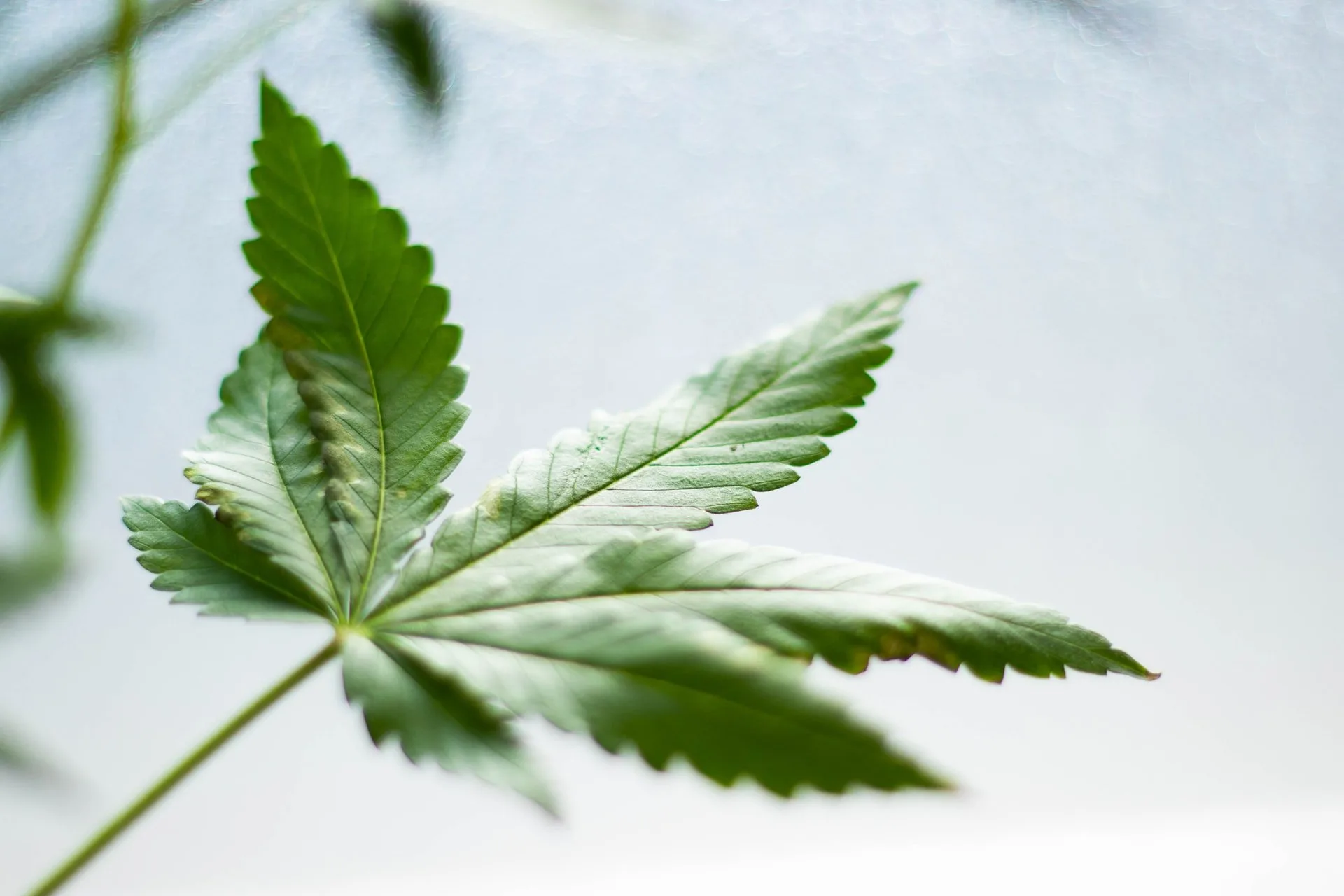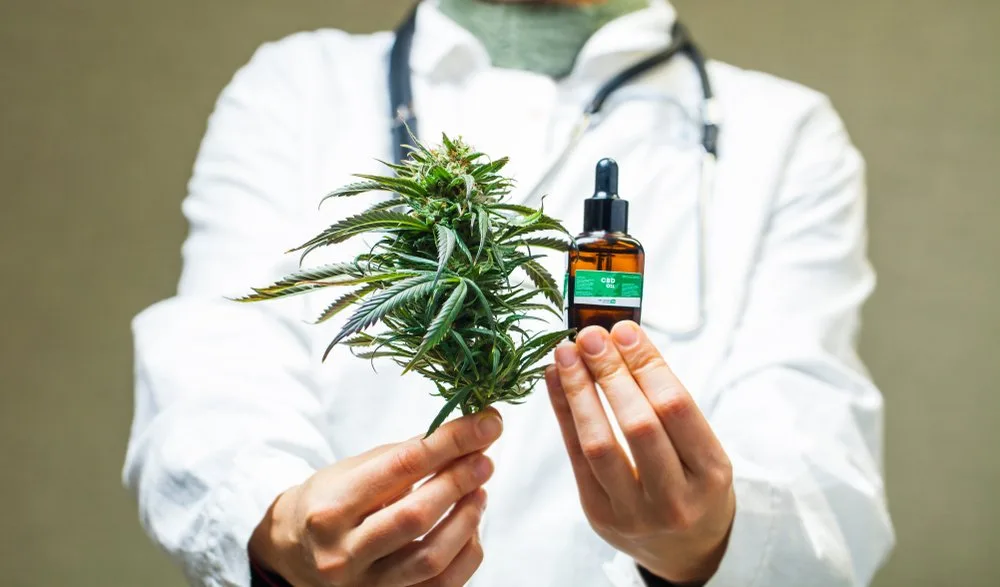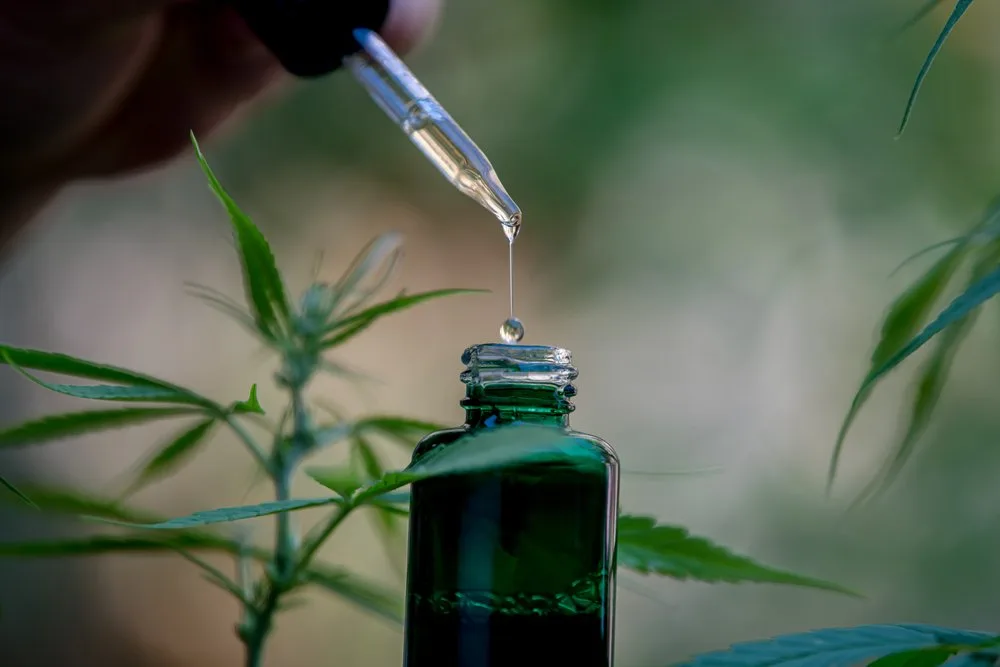The cultural image of the cannabis consumer is not a particularly generous one. Though cannabis is increasing in popularity, most people continue to imagine people who take cannabis as stoners. Lazy layabouts who are too high to do much of anything. Such as eating healthy food, cleaning up around the house, or exercising.
At least at present, few people associate cannabis consumption with physical health and wellness. Yet, that perception could not be more incorrect. Though we are only at the beginning of research into the short- and long-term effects of cannabis consumption, science has already demonstrated that it is more than possible to integrate cannabis into a healthy lifestyle.
Cannabis, Health, and Wellness
In fact, for many, cannabis is essential for developing health and wellness. The sooner we alter our cultural understanding of cannabis consumption, especially as it pertains to health, the better. Whether you need to confront your own cannabis biases or want to combat the outdated views of those around you, consider the following facts:
Cannabis Consumption Isn’t Associated With Out-of-control Weight Gain
If you know almost nothing about cannabis use, you still know about the munchies. Famously, THC causes users to feel hungry, almost ravenous, which is stereotypical depictions of stoners driving users to overeat unhealthy junk like chips, cookies, and greasy fast food. Naturally, what follows the munchies is weight gain — particularly an increase in body fat.
However, research has found that this cultural understanding of the effects of the munchies isn’t exactly true to life. In reality, moderate cannabis consumers tend to gain less weight over time than the regular population. There could be several reasons for this, such as THC triggering an increase in metabolic rate that results in more efficient energy usage or cannabis consumers working harder to eat healthily and exercise to counteract the munchies. Regardless, it is clear that the munchies don’t have to cause out-of-control weight gain amongst users.

Photo by Benjamin Brunner on Unsplash
Cannabis Can Be a Useful Tool in Exercise and Recovery
The cultural idea that cannabis users are couch potatoes isn’t entirely unfounded. Studies on long-term, heavy cannabis consumers have found that the drug can impede motivation.
Likely because cannabis itself triggers a user’s reward centers. It essentially eliminates the user’s need to find satisfaction and fulfillment elsewhere.
Yet, that doesn’t mean that all cannabis use results in a loss of one’s personal drive. Other studies have found that consumers tend to be more active than their non-consuming peers and that mixing weed and working out helps compel regular cannabis users to exercise more often and more vigorously.
Cannabis and exercise recovery
Plenty of athletes, too, swear by the application of cannabis to make repetitive or boring training sessions more engaging. Finally, cannabis has realistic applications in exercise recovery, helping to relax the body and reduce inflammation to promote healing.
The fact is, if you need to add something new to your exercise regimen, you might need to look at specialist retailers who offer these products, such as marijuana from a Michigan dispensary
Cannabis Is a Viable Medical Treatment for Various Health Conditions
If you aren’t concerned about weight gain and aren’t interested in working out, you might still disparage cannabis consumption. After all, many media depictions of cannabis show it to be a dangerous drug.
However, there is a growing body of evidence that shows in adults cannabis has been found positive uses of the drug in healthcare, especially when it comes to some of the most severe health conditions. Many US states are legalizing it for medical and even recreational uses. This is helping the stigma of marijuana decline.
It’s important to note the legalization is however is constrained to adults. There are good reasons to discourage cannabis use by children. Research has shown that childhood marijuana use can affect learning ability, attention, memory, coordination, balance, judgment, and decision-making. Recreational marijuana use by children and teenagers is not legal in anywhere in the United States.
CBD Benefits
Those who could potentially benefit from integrating cannabis into their broader treatment include;
- Cancer sufferers
- those with neurodegenerative diseases like Alzheimer’s
- AIDS patients
- Those experiencing PTSD

ElRoi/Shutterstock
Ignoring these viable applications of cannabis to health and wellness is condemning those with some of the worst conditions to continued pain and suffering.
In summary
There is still much research to be done to determine what cannabis does within the human body in the short and long term. Even so, we know enough about cannabis to say for certain that stereotypes regarding its effects on health are not necessarily based on fact. The sooner you update your opinion on cannabis, the sooner we can move forward to use cannabis safely and appropriately in healthcare.
References
https://www.sciencedaily.com/releases/2019/04/190419094026.htm
https://www.marketwatch.com/story/cannabis-users-who-mix-weed-and-tend-to-workouts-exercise-more-2019-05-01
https://www.insider.com/marijuana-weed-users-might-exercise-more-new-research-suggests-2021-4
https://weedmaps.com/dispensaries/in/united-states/michigan
https://weedmaps.com/dispensaries/in/united-states/michigan
https://www.webmd.com/a-to-z-guides/medical-marijuana-faq
Who Is The Author?

Richard Clayton



![women [longevity live]](https://longevitylive.com/wp-content/uploads/2020/01/photo-of-women-walking-down-the-street-1116984-100x100.jpg)










